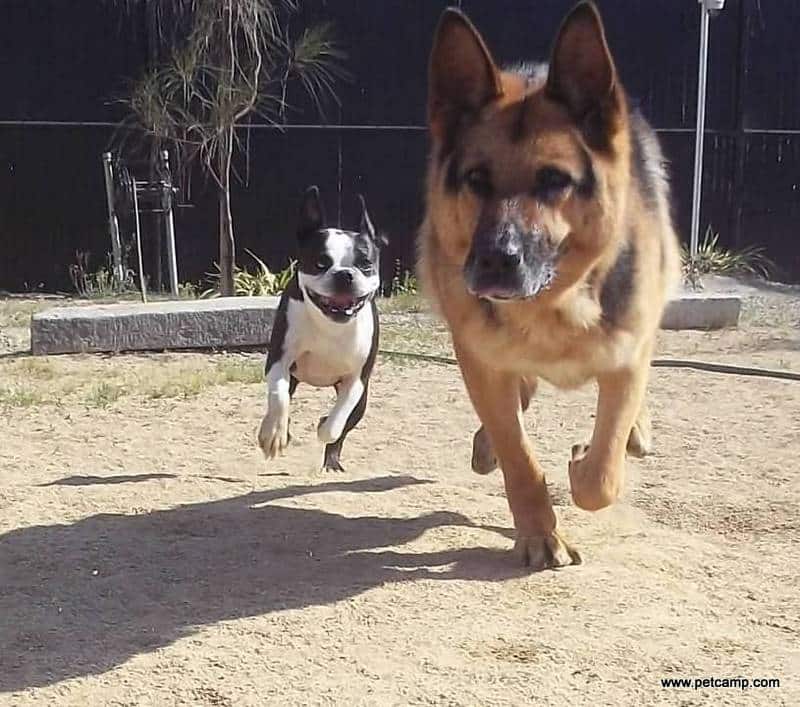For many years we’ve been hearing about the issue of obesity in dogs. Sadly, just like there has been an increase in the number of obese humans in the United States; there has been a rise in the number of overweight dogs. What might amaze some is that the remedies available to humans are being considered for dogs.
Much to my surprise, it turns out that there is actually an appetite suppressant approved specifically for dogs. This drug Slentrol (dirloptapide) is the first FDA approved weight loss drug for dogs and was manufactured by Pfizer and Zoetis. Interestingly, the manufacturer has discontinued production. According to Your Dog from the Cummings School of Veterinary Medicine at Tufts University, the manufacturer has simply said that it was a “business decision.” But the folks at Your Dog suggest that the drug was very difficult to administer: it required lots of dosage adjustment as the dog’s weight changed and there were unpleasant side effects (vomiting, diarrhea, lethargy, drooling, and lack of coordination). Also, just like with humans, once the medication
So, if drugs don’t work what’s next? Yup – a surgical response! While it has not gone mainstream yet, there was a limited study on 4 dogs that underwent weight loss surgery and they lost 75% of their excess weight in 3 months. According to Dr. Linder at Tufts, she has surveyed 500 dog owners and there is “real interest” in a surgical response to obesity in dogs. Sure there are a host of technical questions about all this: What type of surgery would be best? How do you prepare the dog for surgery (in humans there is pre-surgery counseling)? What about post-surgery changes in eating?
But frankly, should we even be asking these questions? Yes, obesity in dogs is a huge issue (no pun intended) and has health impacts – but these are dogs that we are feeding! This is not about a lack of self-control or willpower in the dog. This is about us overfeeding and under exercising our dogs. While we (and I include myself in this) might lack the willpower to limit our own caloric intake or get enough exercise – this just shouldn’t be the case when it comes to our dogs. Now of course, and here is the unabashed commercial plug, if your dog needs more exercise then you can provide, consider some doggie day care at Pet Camp where your dog, no matter how big, small, fit or not, can romp all day in our 20,000 square feet of outdoor play space!
Thanks for reading.
Source: Your Dog, Cummings School of Veterinary Medicine at Tufts University, September 2016